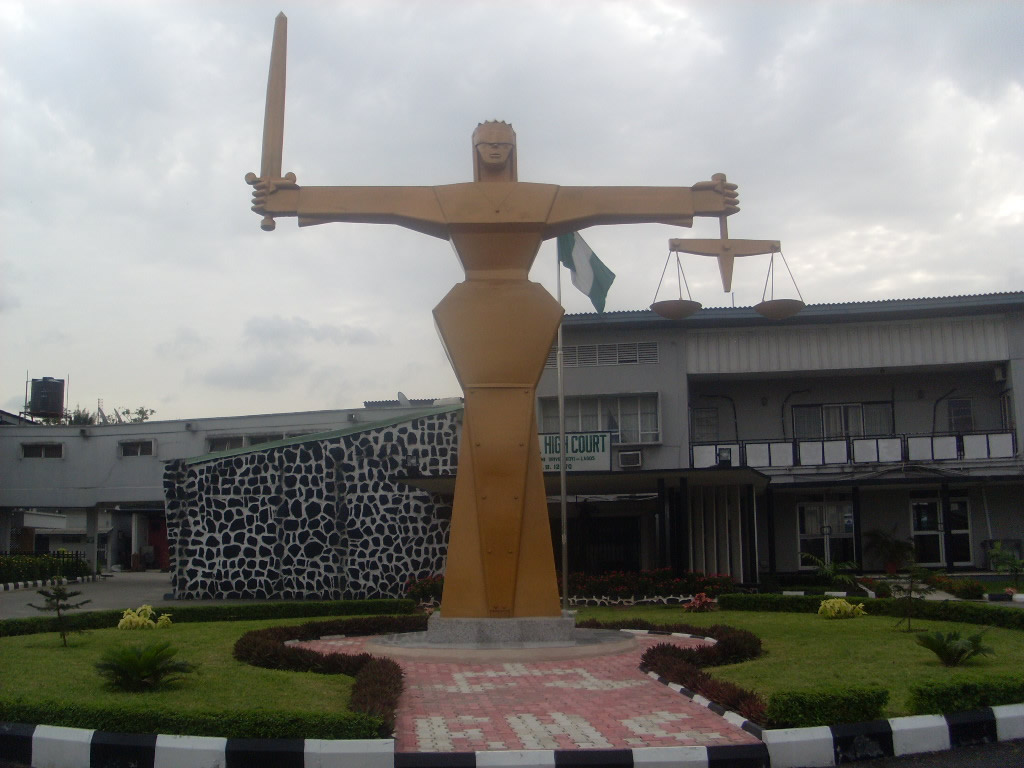The Supreme Court Friday ordered Mohammed, the son of the late military head of state, General Sanni Abacha, to return to the Abuja High Court to face a 123-count charge bordering on possession of properties stolen from the federal government.
In a unanimous decision read by Justice Olukayode Ariwoola, the apex court held that Mohammed should stand trial for holding on to properties allegedly stolen by his father.
The apex court held that immunity did not extend beyond tenure of office and that even if the late head of state was alive, he could be prosecuted for a criminal offence “not to talk of his son who was never an occupant of the office of the Head of State.”
The court affirmed the decision of the Court of Apeal which held that the late former head of state’s immunity did not extend to his son and ordered Mohammed to go and face his trial at the Abuja Court.
He held that Mohammed should return to the trial court to take his plea and possibly plead a no case submission, if he so wished.
His Lordship further held that the appellant was charged with offenses against the state adding that forfeiture order was just a punishment which could not earn him indemnity against trial.
The court held further that the immunity of the father could not work for the son and that even the immunity of the father expired at his exit from office as provided by Section 308 of the 1999 Constitution.
His Lordship held: “Appellant’s father is not the one on trial. His immunity cannot extend beyond his stay in office. The late Abacha is not on trial, therefore, the appellant should go and face his trial; he cannot enjoy the immunity of the father. The April 18, 2005 judgement of the Court of Appeal is hereby upheld. The appeal is hereby dismissed as unmeritorious and vexatious.”
The high court had rejected his application to quash the charges following which he appealed to the Court of Appeal.
The Appeal Court rejected his appeal and upheld the decision of the high court. Mohammed was still dissatisfied and consequently appealed to the Supreme Court.
He challenged the Abuja court’s powers to exercise judicial powers over him by putting him on trial in view of the provisions of Forfeiture of Asset Decree No. 53 of 1999, an existing law and an Act of the National Assembly which, according to him, had resolved the issue of criminal liability arising out of the 123 counts criminal charge brought against him by the federal government.
He also argued that the immunity enjoyed by his father while in office extended to him.
He also argued, through his lawyer, Chief Joseph Daudu, SAN that having forfeited some of the family’s properties confiscated by the government, he was exempted from prosecution in line with the provisions of Decree number 53 of 1999.
It will be recalled that the Federal Government had slammed a123- count charge bordering on conspiracy, receiving of stolen funds among other on Mohammed before an Abuja High Court.







